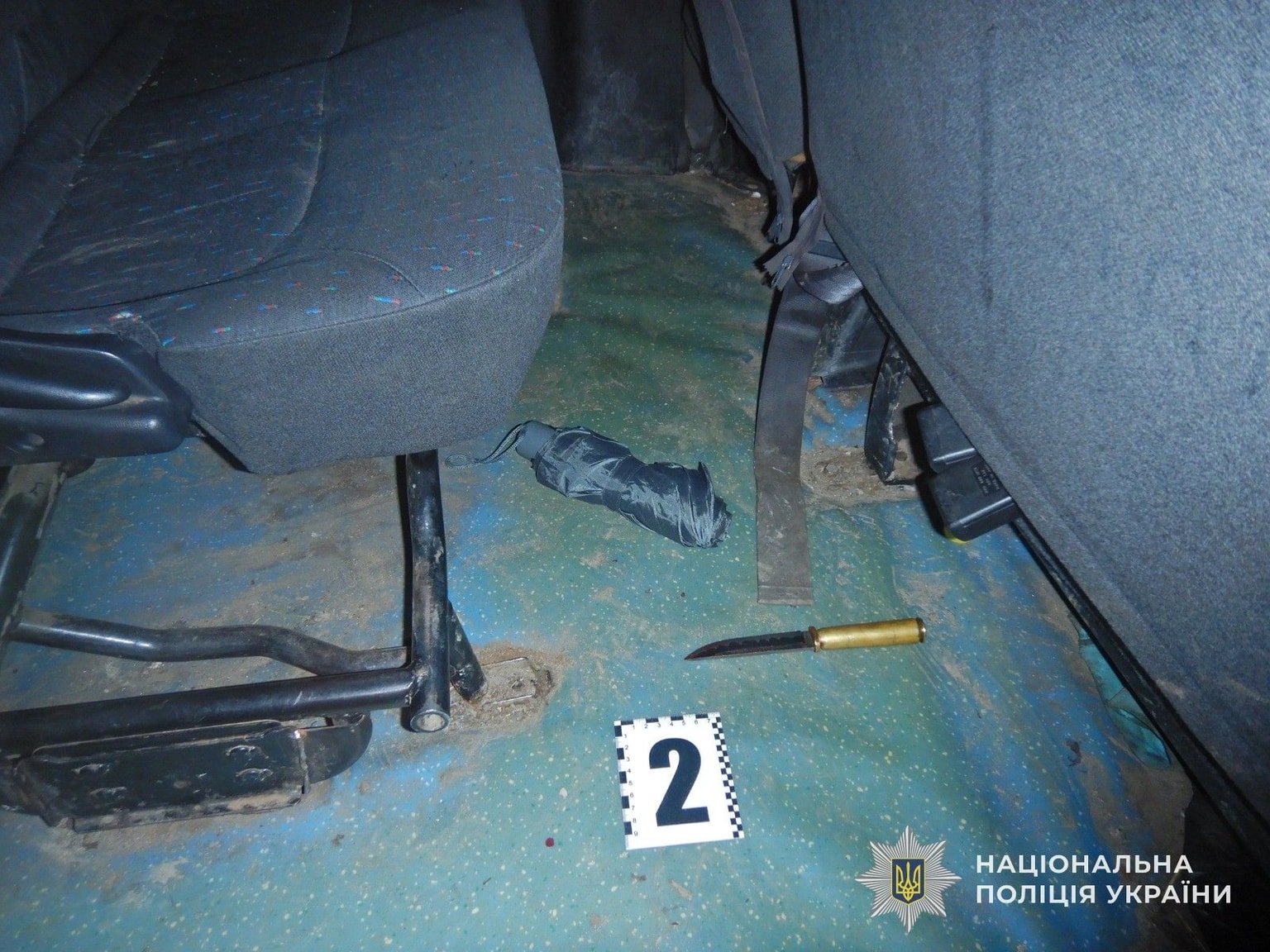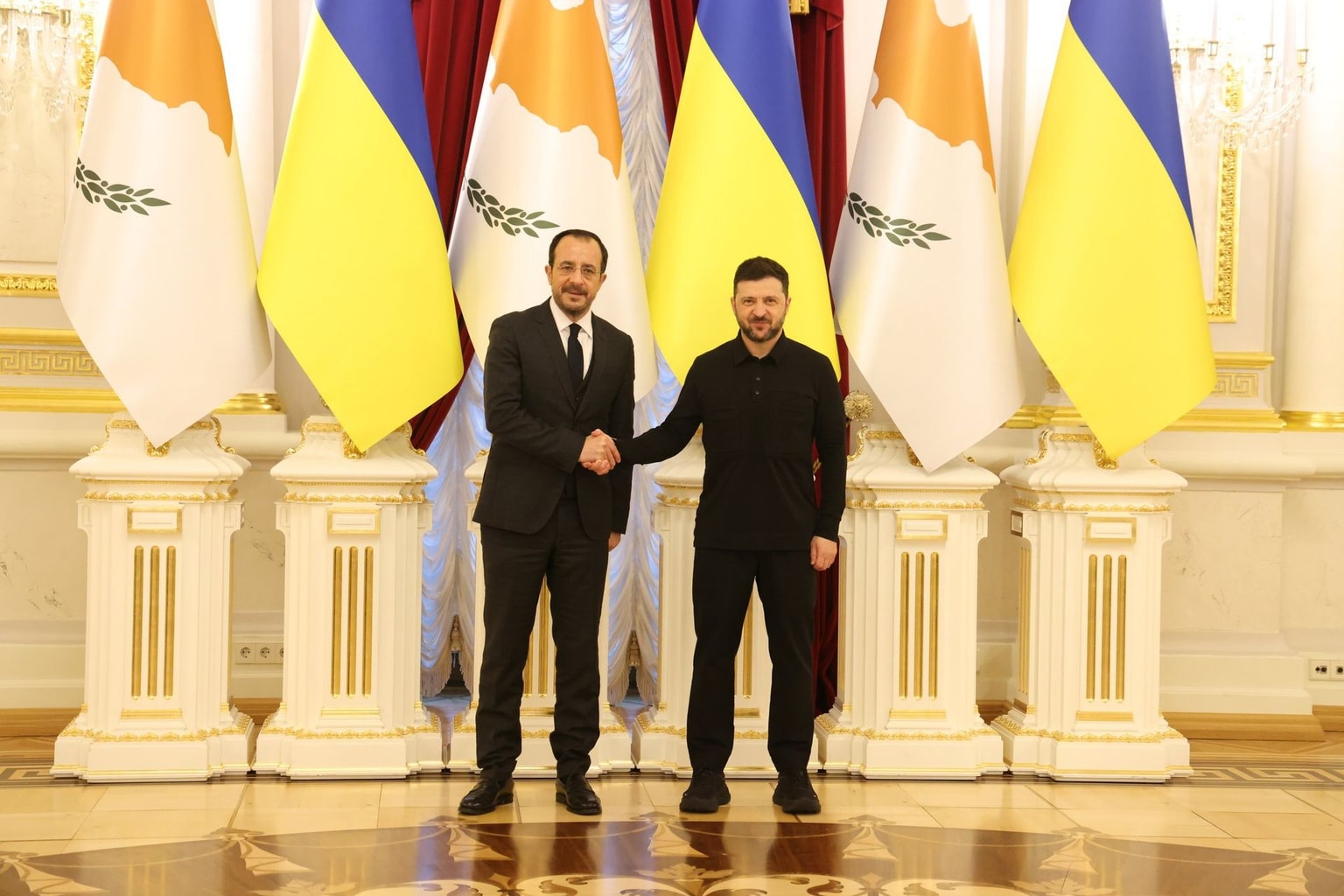Ukraine news
News Feed
Ukraine war latest live: Kyiv struck over 50 Russian strategic targets in autumn 2025, satellite images shows
Hello, this is Tania Myronyshena reporting from Kyiv on day 1,380 of Russia's full-scale invasion of Ukraine. Today`s top story so far: Ukraine's Armed Forces struck more than 50 fuel and military-industrial infrastructure sites in Russia over the course of this autumn, marking an unprecedented rate of successful attacks, according to Ukraine’s General Staff and experts cited by Schemes, an investigative project by Radio Free Europe/Radio Liberty. Using satellite imagery from Planet Labs, jou

Draft officer fatally stabbed in Lviv during papers check
According to the military, the man refused to present his documents, acted aggressively, and eventually stabbed the officer in the groin, causing a critical bleed.

Cyprus's president meets Zelensky in Kyiv as Nicosia prepares to chair EU Council
The visit comes as Cyprus is about to take over the rotating presidency of the Council of the EU in January, with Nicosia viewing enlargement as a "key priority," a Cypriot government spokesperson said.

UN calls for return of Russia-abducted Ukrainian children in US-backed vote
Russia, Belarus and Iran have voted against the resolution. Fifty-seven countries, including China, India and Brazil, abstained from voting.

Deadly, elite, and scaling — inside Russia’s Rubikon front-line drone system
Russia has centralized volunteer drone units like Rubikon into a professional system that is eroding Ukraine’s early edge in UAV warfare and threatening its front lines.

As Russia takes Pokrovsk, sister city Myrnohrad stares down encirclement
Ukraine's great fortress city of Pokrovsk has officially fallen — as far as Moscow is concerned. More than five weeks after Russian troops first started to swarm into the southern outskirts of the Donetsk Oblast city, Pokrovsk has been decisively overrun, although Kyiv still claims a presence inside the urban area. In a nod to the political significance of taking the city, the claim was first made by Russian President Vladimir Putin on Dec. 1, after receiving a report on the latest battlefield

About Ukraine
The Kyiv Independent delivers reliable news, context, and on-the-ground reporting from Ukraine. The largest country located entirely in Europe, Ukrainian territory covers 603,628 square kilometers (233,062 square miles), and is bordered by bordered by seven countries, namely Russia, Belarus, Poland, Slovakia, Hungary, Romania, and Moldova. Ukraine traces its history back to the medieval state of Kyivan Rus.
Most Popular
Hello, this is Chris York, reporting from Kyiv on day 1,378 of Russia’s full-scale invasion of Ukraine. While the international focus remains on Trump's peace deal negotiations in Moscow, our focus in this blog is on updates from the front: Our top story so far: Drones launched by Ukraine's military intelligence struck Russian air defense systems in occupied Donbas, the agency claimed on Dec. 2, knocking out a launcher from a S-300 SAM system, and two 1L125 Niobium-SV radar stations. "Such s

















